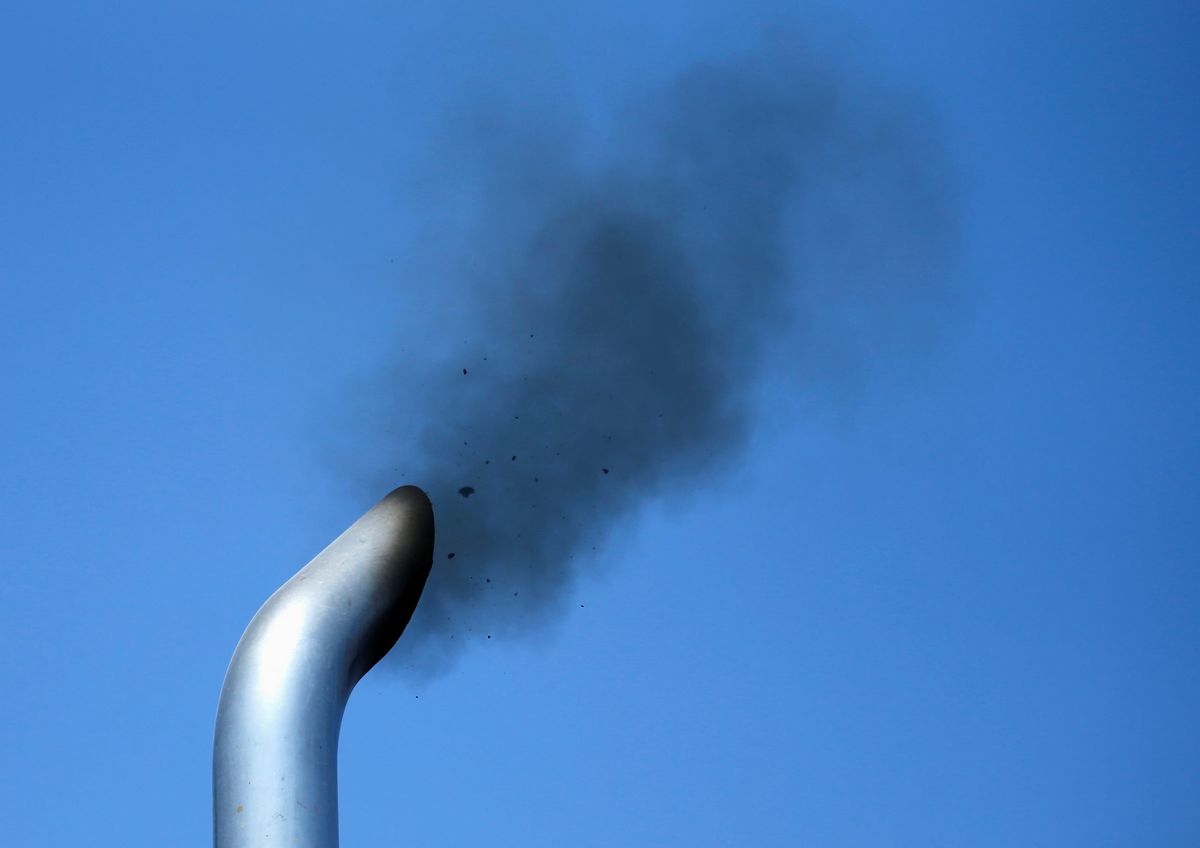This year’s C0P26 climate conference is more important than ever

A few minutes every morning is all you need.
Stay up to date on the world's Headlines and Human Stories. It's fun, it's factual, it's fluff-free.
In fact, the economists found that reaching the Paris Agreement climate goal of net-zero carbon emissions would require 2% to 3% of global economic output to be re-invested into a green transition.
What does the UN report say?
- The United Nations report essentially says that our current trajectory as a planet to reduce carbon emissions just isn’t good enough.
- More specifically, it says that even if countries follow their current targets and pledges, which they’ve been missing, global emissions will still be up 16% in 2030 from 2010.
- Just for context, scientists say that to avoid 1.5 degrees of warming – the amount of warming that leads to the most catastrophic impacts of climate change – the world would need to reduce carbon emissions by 45% within that timeframe.
- “We are way off track,” said the UN World Meteorological Organization Secretary-General Petteri Taalas, adding, “We need to revisit our industrial, energy and transport systems and whole way of life.”
- This report comes just a week before the COP26 climate conference in Glasgow, Scotland, and sets the tone for the governments to really come together and get on the right track collectively to combat our world’s climate crisis.
What’s the COP26 climate conference?
- This climate conference in Glasgow is essentially an opportunity for world leaders to discuss and negotiate different ways of dealing with climate change.
- One big part of the conference will be toward the beginning, whereby world leaders lay out the provisions they’re taking to meet their climate commitments.
- And it’s during this part, countries that are doing more to combat climate change have more leverage when it comes to negotiating with countries that aren’t doing enough.
- It is because of this that United States President Joe Biden has been pushing for Congress to pass his climate plan before the talks.
- Another major part of the discussions will revolve around how wealthier countries help fund the less wealthy in battling climate change and the problems that come with it.
- For example, in 2009, wealthy countries promised to spend US$100 billion annually to help developing nations, but that goal hasn’t yet been reached. In a seperate UN report from 2020, it wrote, “2021 will, thus, be a critical year – to sustain trust between developed and developing countries … " The report also wrote that “The $100 billion target therefore needs to be seen as a floor and not as a ceiling."
What’s the economic cost of fighting climate change now?
- Well, according to a Reuters poll of economists, the cost associated with investing in solutions that fight climate change now is actually relatively low.
- In fact, the economists found that reaching the Paris Agreement climate goal of net-zero carbon emissions would require 2% to 3% of global economic output to be re-invested into a green transition.
- To put that in perspective, governments globally have spent more than 10% of global annual economic output to deal with the pandemic since January of 2020.
- But letting our climate crisis get worse by not acting could prove to be a lot more expensive, these economists said.
- The median responses to the poll said that we could see a 10% global output loss by 2050 if climate change doesn’t get managed.
What’s next?
- The thing to watch will be if any big deals get made at COP26 that look promising in terms of tackling our global climate crisis.
- Some of this will likely depend on whether or not the US can pass its climate legislation, which would give the US much more negotiating power at the conference.
- And there is still a question of what China, the world’s largest carbon emitter, will commit to at the talks, especially since President Xi Jinping will not be attending the conference in person due to China’s zero-case strategy in dealing with the pandemic.
- But ultimately, what happens at this conference is a huge deal. A win would mean that the focus shifts from pressuring governments to committing to action to ensuring that they actually follow through on their promises.
- A loss at the conference, though, could mean a fracturing of the global effort to solve climate change and that many of the severe symptoms of climate change that we’re already starting to witness may become our reality.
You drive the stories at TMS. DM us which headline you want us to explain, or email us.




Comments ()